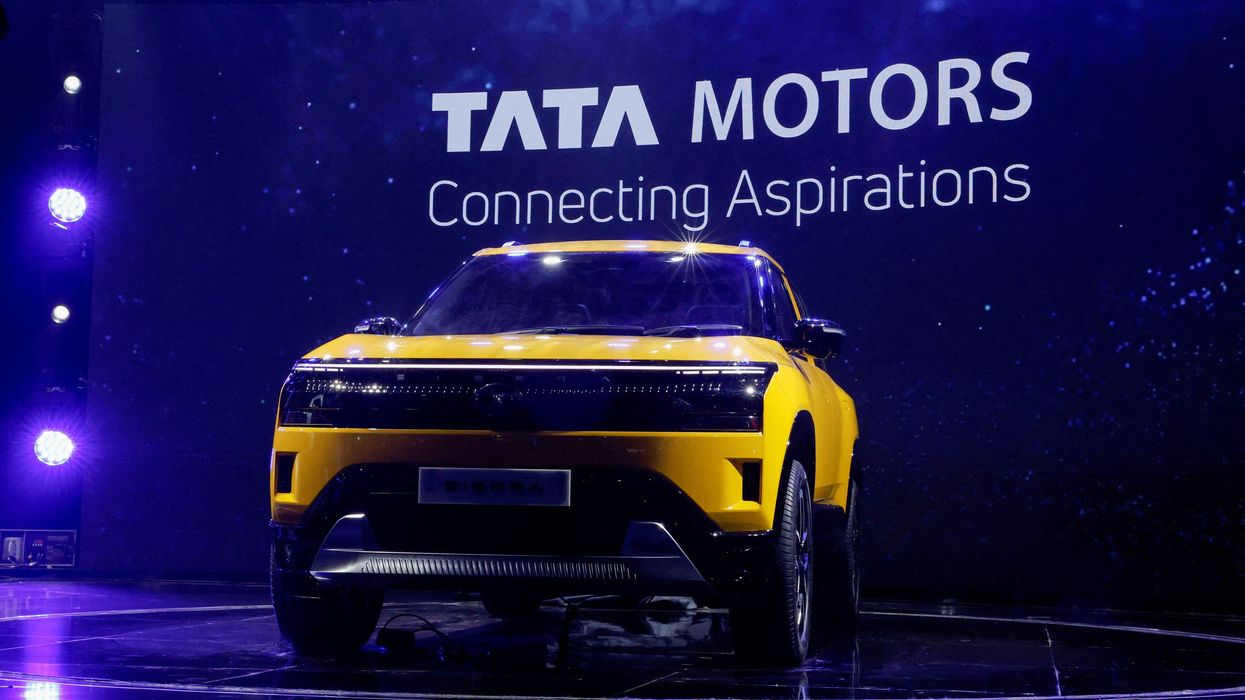SHARES of Tata Motors dropped 10 per cent on Monday after its luxury unit Jaguar Land Rover (JLR) suspended exports of its British-made cars to the United States.
The move follows the implementation of a 25 per cent import tariff by US president Donald Trump.
The decline marked the company’s worst trading day in over three years. Since Trump announced the tariffs on March 26, Tata Motors’ shares have fallen 22 per cent.
Over the same period, the benchmark Nifty 50 has declined 6.3 per cent, including a 4 per cent drop on Monday.
The United States is the second-largest importer of British-made vehicles after the European Union, accounting for nearly 20 per cent of such imports, according to data from industry body SMMT.
The US was one of JLR’s few growth markets last year and represents more than a quarter of its global sales across models such as the Range Rover Sport and Defender.
JLR contributes about two-thirds of Tata Motors’ revenue and plays a significant role in its profits and cash flow.
The reliance on JLR has made Tata Motors one of the biggest losers among auto stocks since the US tariff announcement. Its 22 per cent fall is more than double the roughly 10 per cent drop in the broader auto index.
Other carmakers in the 15-member auto index do not export to the US. However, the index includes component manufacturers with indirect exposure to the US market, such as Bharat Forge, a supplier to Tesla.
Bharat Forge’s shares also fell about 10 per cent on Monday.
Last week, brokerage CLSA said it expects a 14 per cent decline in JLR’s overall volumes in the fiscal year ending March 2026, including a 26 per cent drop in US sales due to the tariffs.
Despite the fall in share price, analysts on average still rate Tata Motors stock as a “buy”, according to data compiled by LSEG, in line with its Indian industry peers.





